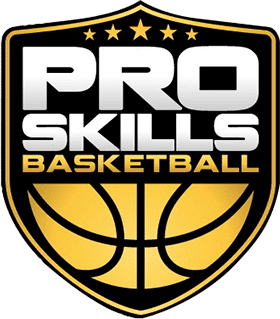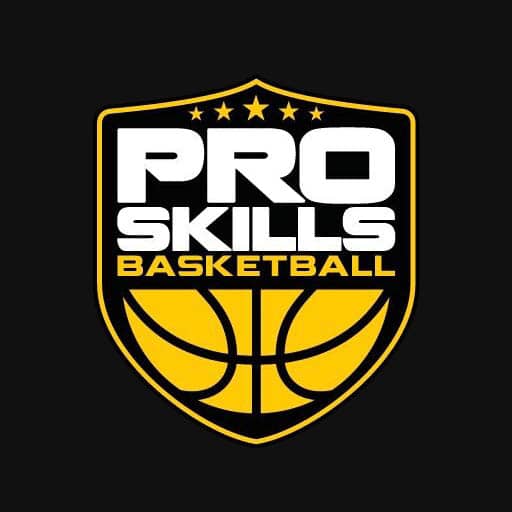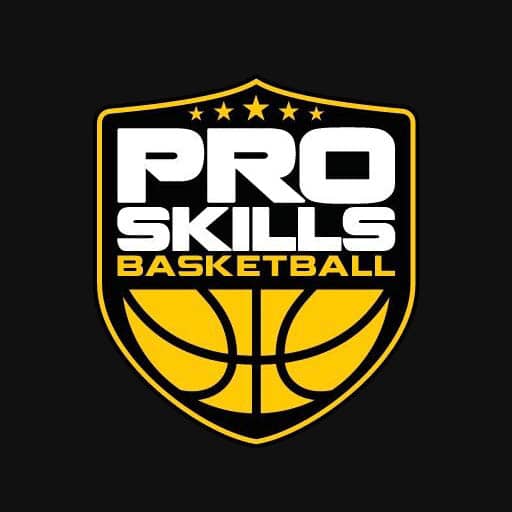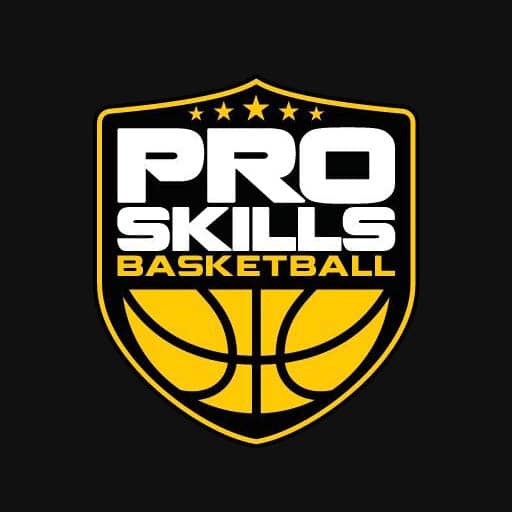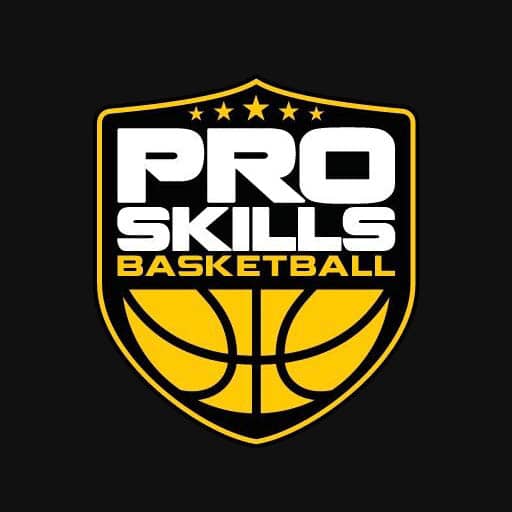5 Reasons for the Popularity of Chinese Basketball
Chinese basketball, and by that we mean basketball in China, has soared to new heights of popularity since the turn of the century. However, only a few people outside of China know how deep the roots of this love for the game go.
Here are 5 reasons why Chinese basketball has taken off and become the country’s most popular sport:
#1 Chinese Basketball Has Been Around Since the Late 1890’s
In the late 1890’s, not long after basketball was invented in Massachusetts, YMCA missionaries traveled to China and brought the game with them.
Chinese Basketball quickly gained traction in city centers like Shanghai, especially within communities of urban students. In 1935, the sport was declared a national pastime, and an Olympic team was formed in the following year.
#2 The Chinese Army Has Played Basketball for the Last 80 Years
Basketball has always been embraced by the People’s Liberation Army (PLA) as a way to build teamwork and foster unity among the troops. Since 1949, the Army’s almost two million members have helped popularize Chinese basketball while promoting positive messages like “Friendship First, Competition Second.”
At one point the Army became so good that they started a traveling Chinese basketball team call the Ba-yi (八一), which means August 1st and commemorates the Army’s founding date. Ultimately this team disbanded when the Chinese Basketball Association (CBA) began in the late 1990’s.
#3 Basketball Meshes Well with Urban Development
It is a simple fact that a basketball court takes up less room than a full-size football or soccer field. For that reason, it is easier for many of the new school campuses in China’s burgeoning urban centers to build courts rather than fields. It also helps that the game can be played on a ½ court in smaller numbers (i.e. 3 on 3 or 1 on 1).
The 3×3 format, in particular, is extremely popular among all ages of Chinese basketball players to play and watch. FIBA, the international basketball organization, recognized this and scheduled three 3×3 world tour events in Asia over the next few months, including one in Shenzhen.
#4 Companies Help Chinese Basketball Grow
Another reason why so many schools decided to build basketball courts, is the help offered to fund their construction by foreign companies. In many cities, Nike provided the materials to help the game grow in the hopes that it would kick off a “Fitness Lifestyle Boom” in China.
Now, Chinese Basketball fans can’t get enough of the game or the gear produced by basketball companies that is worn by the best players in the world.
#5 NBA Engagement with Chinese Basketball Fans
The NBA’s popularity has surged in recent years as teams and individual players have found ways to meaningfully engage with their fans in China. Teams like the Warriors and Rockets are leading the charge with Chinese New Year themed jerseys and programming.
More recently, teams have even come to China to play games. This past October, the Warriors battled the Timberwolves in Shenzhen and nearly 20,000 fans packed the stadium to get a chance to see the action in person.
Chinese basketball fans of all ages even showed up hours before the game to watch Steph Curry’s warm-up routine!
In 2015, the NBA and Tencent, the Chinese technology conglomerate, signed an agreement that allowed full games and highlights to be streamed on any device in China.
This was a groundbreaking partnership and brought the game to millions of Chinese people who previously couldn’t watch. As access to NBA games and International competitions like the Olympics continues to increase, so too will the popularity of basketball in China.
The numbers of people playing and watching basketball has surged since the turn of the century. Much of this can be attributed to the rise of the NBA in China, but many would still argue that the country’s love affair with the game began long ago.
Either way, Pro Skills Basketball is excited to be established in China, and we look forward to helping develop Chinese basketball youth culture in a positive manner for years to come!

Download the Ultimate Guide to College Basketball Recruiting
Click on the button below, enter your email address and zip code. We’ll send you the PDF of this guide for free.
